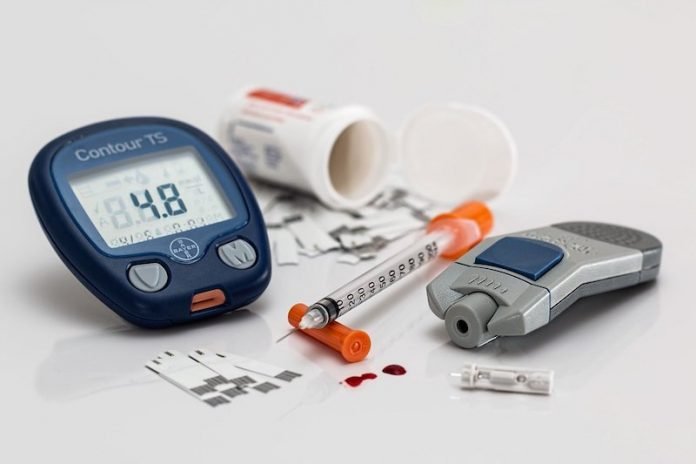
As emerging science around COVID-19 highlights elevated danger for people with diabetes, heart disease and stroke, the American Heart Association and the American Diabetes Association urge people living with type 2 diabetes and/or heart disease to manage their conditions and look for unique opportunities to double-down on their health goals during the pandemic.
What is the real risk to people living with diabetes?
Early reports by the Centers for Disease Control and Prevention and from China and Italy show higher rates of hospitalizations, need for intensive care, and death for people with diabetes who contract COVID-19.
Could medications to control diabetes make people with COVID-19 sicker?
There may be some circumstances under which a change in your diabetes medications may be indicated when your body is under a lot of stress from illness.
“Pandemic or not, any change in diabetes medication or dose needs to be a joint decision with your doctor and based on your individual situation and health history,” said Robert Eckel, M.D., American Diabetes Association president of medicine and science and an endocrinologist at the University of Colorado School of Medicine.
Preparing for the possibility of getting sick
The two associations recommend people living with diabetes, managing cardiovascular disease, or both to gather medical, grocery, cleaning and other household supplies they will need in the event they can’t leave the house to get them.
It’s also important to organize important information like phone numbers for doctors, pharmacy and insurance, create a list of medications and doses, and know how – and when – to contact your health care team.
“Make sure that you already know how you can contact your physician or your doctor’s office in the event of the need to see your doctor, whether it’s because you’re having a problem with COVID-19 or because you’re having a problem with anything else, which is going to keep happening, because COVID-19 didn’t result in disease distancing,” said Eduardo Sanchez, M.D., MPH, FAAFP, the American Heart Association’s chief medical officer for Prevention.
Medicare has temporarily expanded its coverage of telehealth services to help patients access their care team without having to visit a doctor’s office or hospital.
In the event of a medical emergency like experiencing signs of a heart attack or stroke, people should still seek immediate help by calling 9-1-1.
Bottom line for people living with type 2 diabetes
Managing underlying conditions and closely following advice from the Centers for Disease Control and Prevention and local officials is key to avoiding and overcoming COVID-19.
Patients can also count on the American Heart Association and American Diabetes Association for science-backed information and guidance specific to people living with type 2 diabetes and/or cardiovascular disease.



